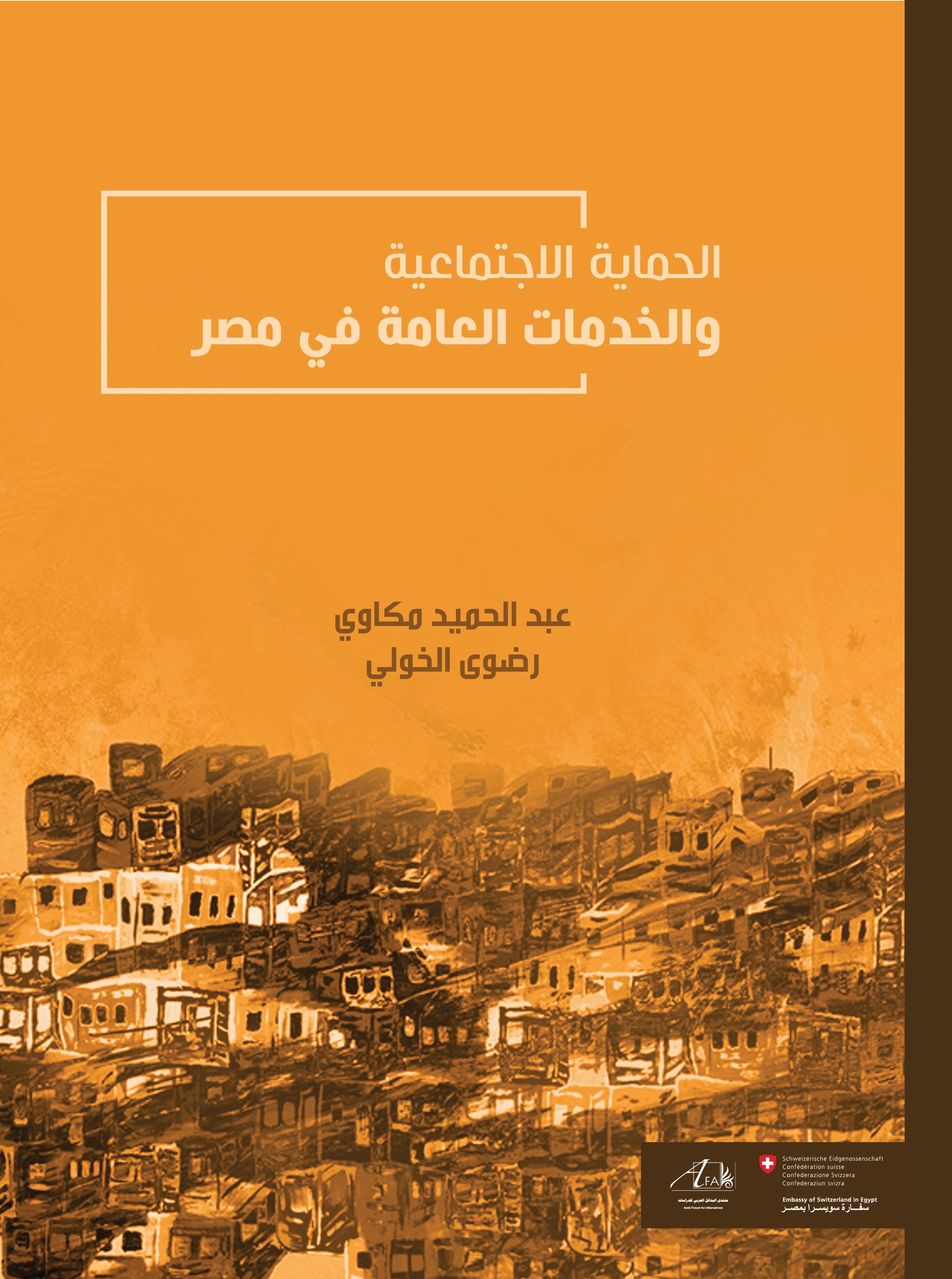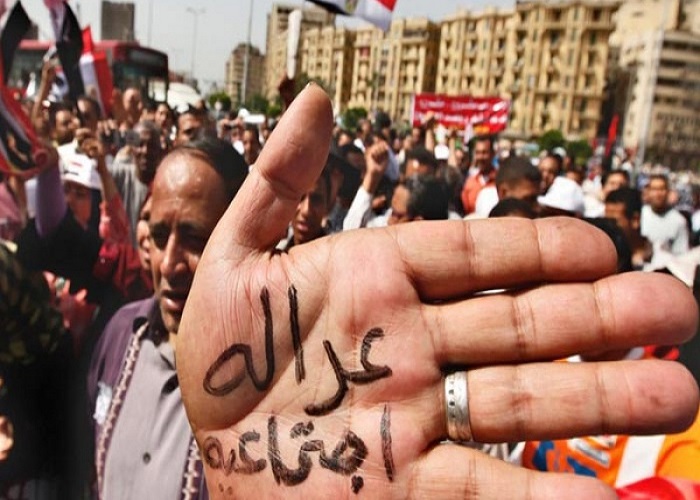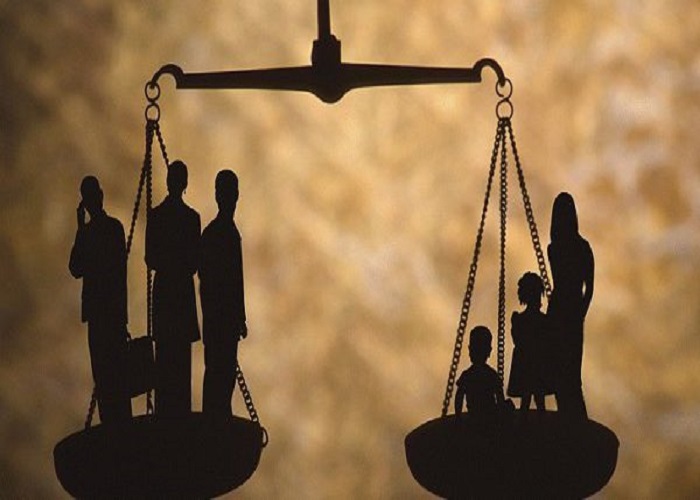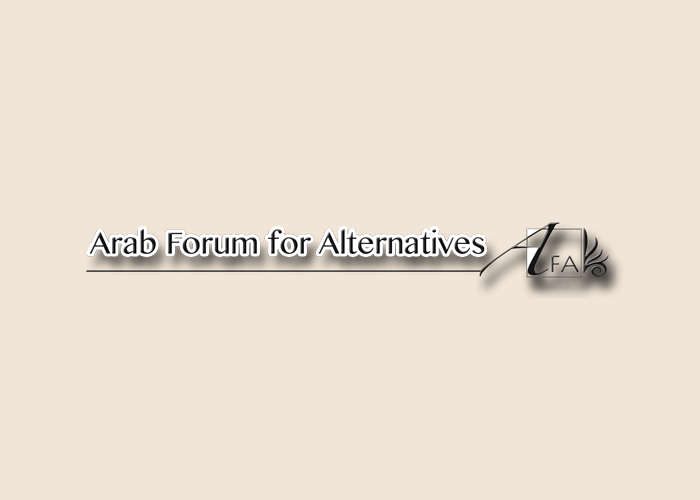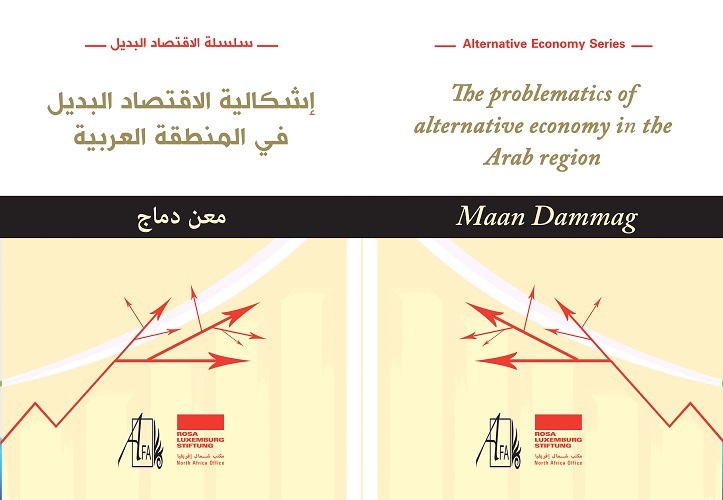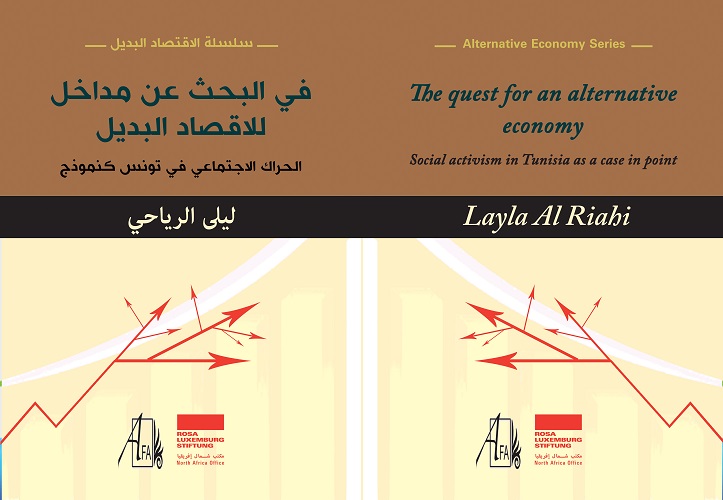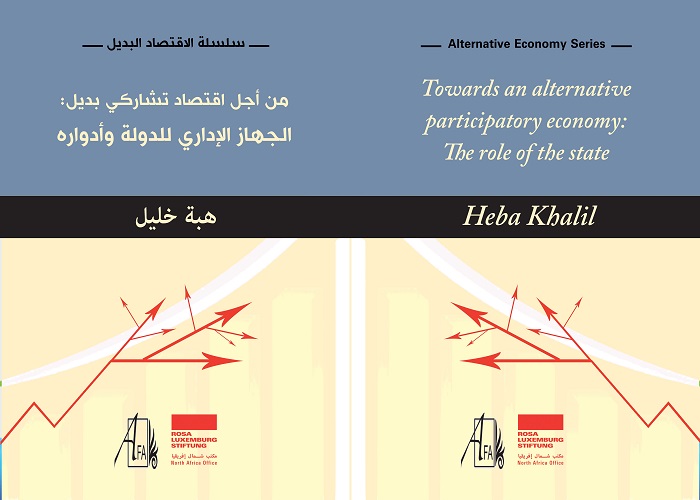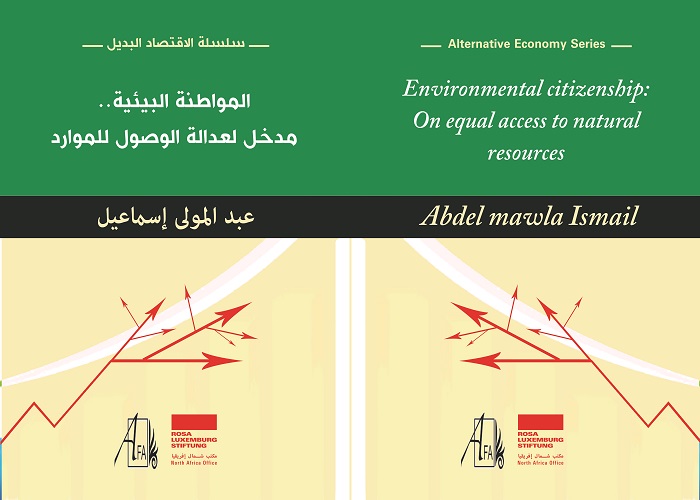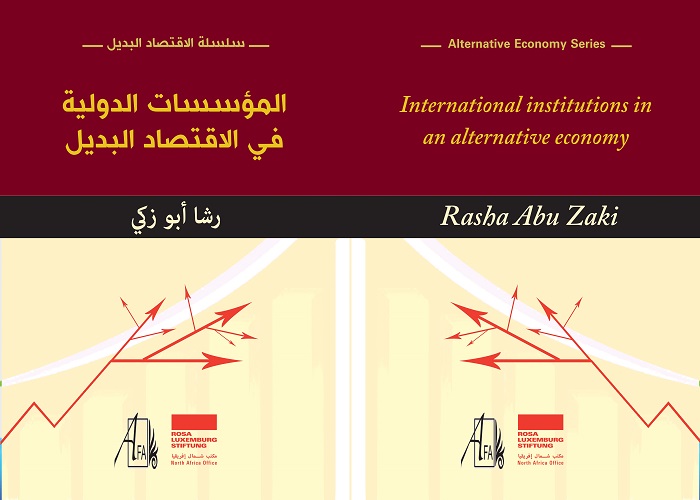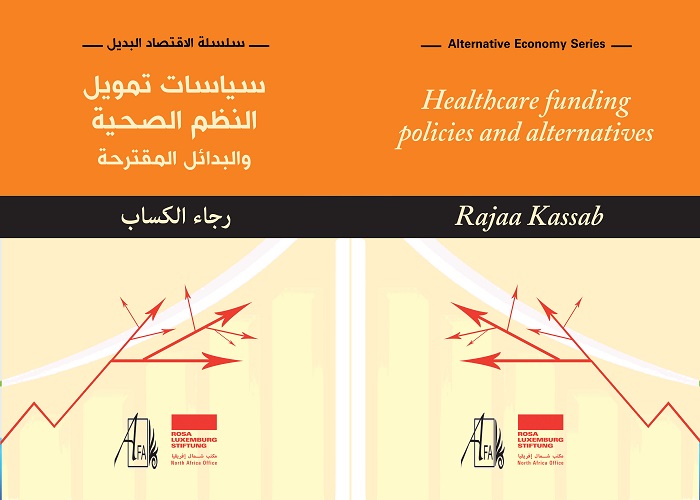On developing public services through public budgeting to achieve social justice in Egypt
Reem Abdel HalimEgyptPolicy recommendations paper Radwa El Kholy The paper examines the public budget as one of the means by which social justice can be achieved in provision of public services. The focus in the paper was on four sectors: education, housing, health and social security. The significance of the public budget is that it reflects economic, political and social orientation of the government. As well, the process of allocating resources to government bodies for various purposes is essentially a political process. The public budget in Egypt, in its current form and its organized law, reflects the structural stages of…

